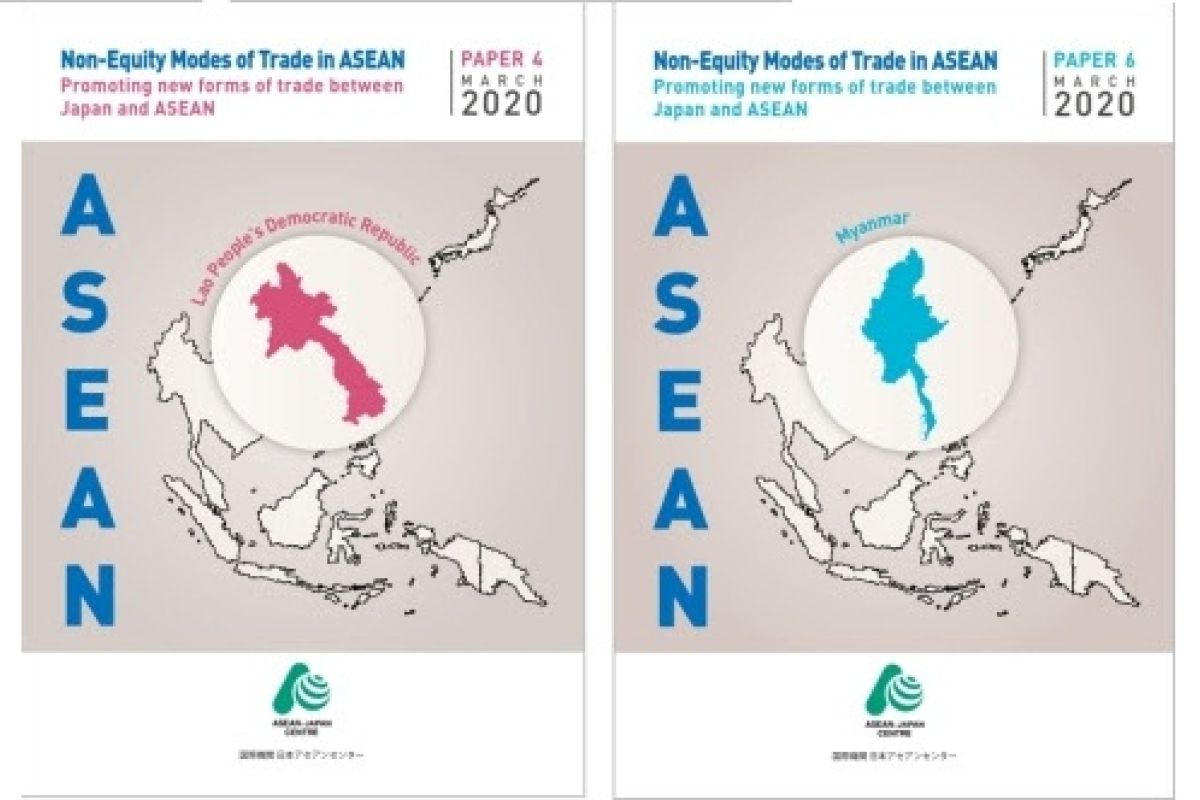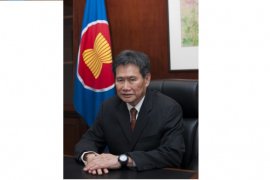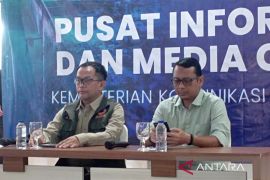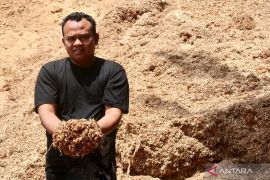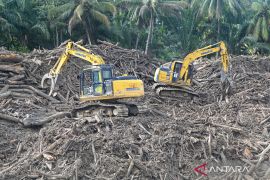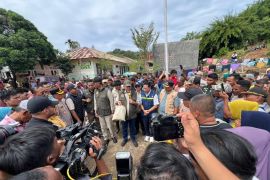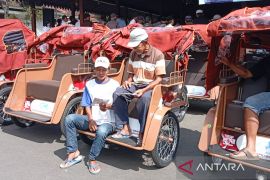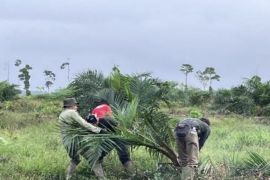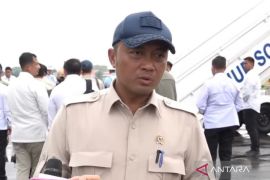This press release features multimedia. View the full release here: https://www.businesswire.com/news/home/20200409005886/en/
Both country firms are in the infancy stage of participation in NEMs, using subcontracting, management contracts and franchising etc.
The garment industry is among the highest generators of exports and employment in NEM businesses engaged in subcontracting. International hotels are typically operated in these countries through either management contracts or franchise agreements.
The information technology-business process outsourcing (IT-BPO) industry is new and offers tremendous growth potential. Because competition in the industry is severe, the governments need to develop infrastructure in communication networks to stimulate its growth.
These least developed countries (LDCs) should take advantage of the opportunities that foreign transnational corporations (TNCs) offer when they outsource the production of goods or services, or part of their production chains to the country.
NEM firms face a significant challenge. TNCs can easily terminate their contracts, particularly if the quality of services or goods supplied does not meet their competitive standards or when more competitive suppliers emerge in other countries.
The governments should assist in the development of NEM capabilities so that local firms can take advantage of appropriate TNC-driven economic synergies as competition forces TNCs to make continuous improvements in the quality and pricing of suppliers.
In addition to upgrading the labour force and improving investment conditions, the governments should strengthen the basic infrastructure and the science, technology and innovation infrastructure. This development is necessary for NEM firms to be able to connect and coordinate competitively with global value chains, and to upgrade in them.
Both governments should consider implementing and strengthening the regulatory framework for NEM firms to enable NEM firms to export, expand their employment and upgrade technologically.
View source version on businesswire.com: https://www.businesswire.com/news/home/20200409005886/en/
Contacts
ASEAN-Japan Centre
Tomoko Miyauchi
URL: www.asean.or.jp/en/
Email: toiawase_ga@asean.or.jp
Source: ASEAN-Japan Centre
Reporter: PR Wire
Editor: PR Wire
Copyright © ANTARA 2020
